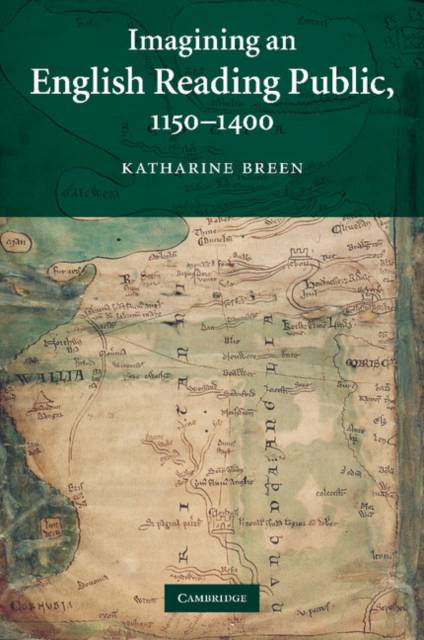
Je cadeautjes zeker op tijd in huis hebben voor de feestdagen? Kom langs in onze winkels en vind het perfecte geschenk!
- Afhalen na 1 uur in een winkel met voorraad
- Gratis thuislevering in België vanaf € 30
- Ruim aanbod met 7 miljoen producten
Je cadeautjes zeker op tijd in huis hebben voor de feestdagen? Kom langs in onze winkels en vind het perfecte geschenk!
- Afhalen na 1 uur in een winkel met voorraad
- Gratis thuislevering in België vanaf € 30
- Ruim aanbod met 7 miljoen producten
Zoeken
Omschrijving
This original study explores the importance of the concept of habitus - that is, the set of acquired patterns of thought, behavior and taste that result from internalizing culture or objective social structures - in the medieval imagination. Beginning by examining medieval theories of habitus in a general sense, Katharine Breen goes on to investigate the relationships between habitus, language, and Christian virtue. While most medieval pedagogical theorists regarded the habitus of Latin grammar as the gateway to a generalized habitus of virtue, reformers increasingly experimented with vernacular languages that could fulfill the same function. These new vernacular habits, Breen argues, laid the conceptual foundations for an English reading public. Ranging across texts in Latin and several vernaculars, and including a case study of Piers Plowman, this interdisciplinary study will appeal to readers interested in medieval literature, religion and art history, in addition to those interested in the sociological concept of habitus.
Specificaties
Betrokkenen
- Auteur(s):
- Uitgeverij:
Inhoud
- Aantal bladzijden:
- 302
- Taal:
- Engels
- Reeks:
- Reeksnummer:
- nr. 79
Eigenschappen
- Productcode (EAN):
- 9781107694613
- Verschijningsdatum:
- 21/11/2013
- Uitvoering:
- Paperback
- Formaat:
- Trade paperback (VS)
- Afmetingen:
- 152 mm x 229 mm
- Gewicht:
- 403 g

Alleen bij Standaard Boekhandel
+ 129 punten op je klantenkaart van Standaard Boekhandel
Beoordelingen
We publiceren alleen reviews die voldoen aan de voorwaarden voor reviews. Bekijk onze voorwaarden voor reviews.









